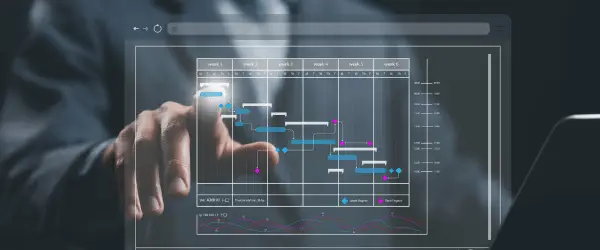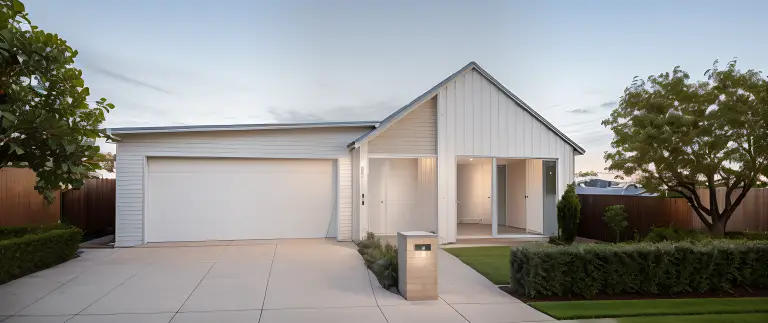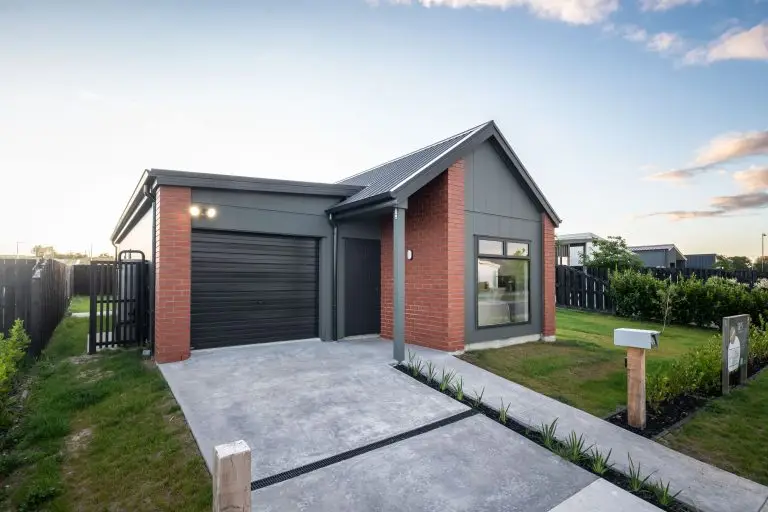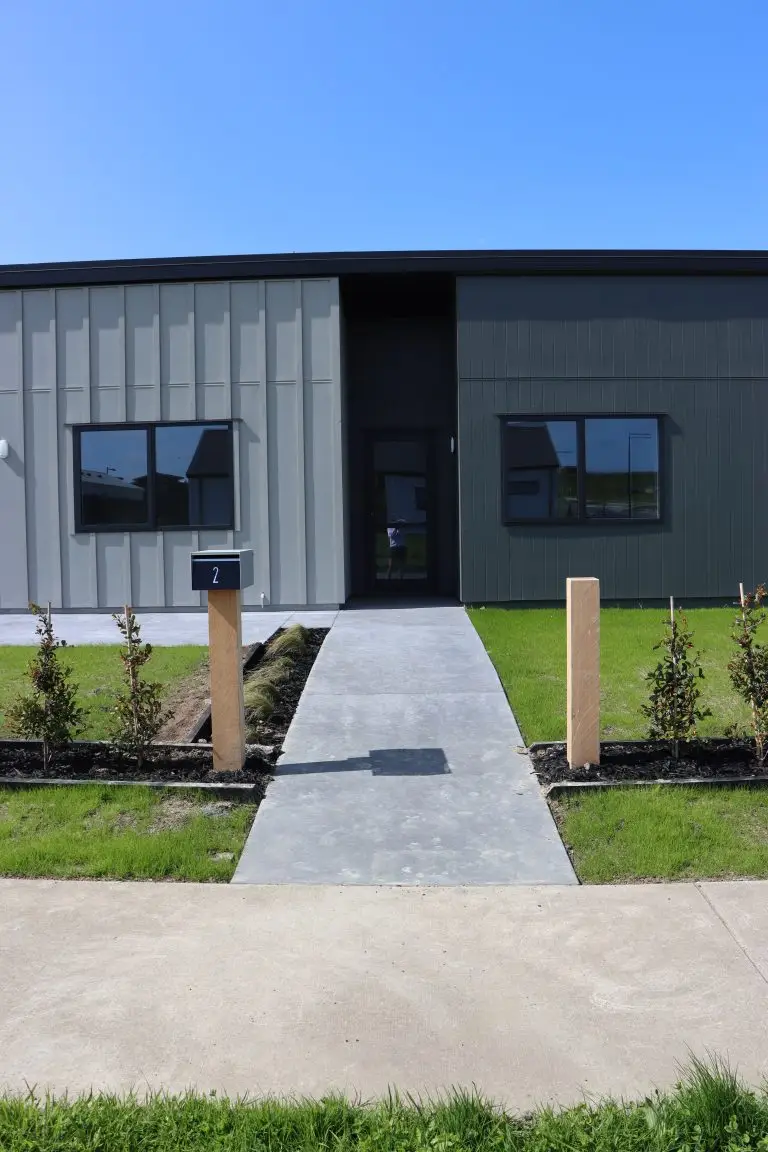For investors with extensive property portfolios, systematic maintenance is pivotal in safeguarding the physical condition of each property while enhancing overall return on investment (ROI). Managing the upkeep of numerous properties requires a strategic approach, especially during the transition into summer, a season that can place additional strain on building infrastructures. Here, we outline essential maintenance strategies designed to maximize property value and operational efficiency, ensuring sustained tenant satisfaction and optimal financial performance.
1. Strategic HVAC Maintenance
Importance
A functional, efficient HVAC system is crucial for tenant comfort and can significantly influence energy costs. Proper maintenance reduces the risk of costly emergency repairs and extends the lifespan of the system.
Actions
- Implement a maintenance schedule: Arrange for professional inspections and maintenance before the onset of each season to ensure all systems are optimized for performance.
- Bulk servicing contracts: Leverage the scale of your portfolio to negotiate service contracts for multiple properties, reducing per-unit costs and simplifying vendor management.
2. Roofing Integrity and Maintenance
Importance
The roof of a building is its first line of defense against environmental elements. Regular maintenance and timely repairs prevent water ingress, which can lead to structural damage and costly repairs.
Actions
- Professional inspections: Engage roofing specialists to conduct bi-annual inspections across all properties, focusing on potential vulnerabilities.
- Preventative repairs: Address minor issues like cracked tiles or loose shingles immediately to prevent escalation into more significant problems.
3. Landscaping and Grounds Keeping
Importance
Well-maintained grounds enhance curb appeal and can significantly impact tenant retention and property desirability. Regular landscaping maintenance also prevents potential hazards, such as overgrown branches or unkempt pathways, which could pose risks to tenants and visitors.
Actions
- Consistent service providers: Employ the same landscaping firms across all properties to maintain consistency in service quality and design.
- Scheduled maintenance: Develop a schedule that includes regular mowing, pruning, fertilization, and other landscaping needs tailored to each property’s specifics.
4. Comprehensive Exterior Maintenance
Importance
The exterior condition of a property not only affects its aesthetic appeal but also its structural integrity. Regular cleaning and timely repairs of the exterior, including siding and paint, are essential.
Actions
- Routine cleaning: Plan for periodic power washing of the property exteriors to remove dirt, debris, and potential mildew buildup.
- Paint and repair: Monitor and maintain exterior paint and structural elements, scheduling touch-ups or repairs whenever necessary to preserve the property’s appearance and durability.
5. Safety Inspections for Decks and Patios
Importance
Decks and patios are significant for tenant enjoyment and property value. Ensuring these elements are safe and well-maintained is crucial to prevent accidents and liability issues.
Actions
- Regular safety checks: Conduct annual inspections to assess the structural safety of decks, patios, and similar amenities.
- Maintenance and repairs: Perform necessary repairs and apply protective treatments to wood and other materials to extend their life and appearance.
6. Pool Management (if applicable)
Importance
Properties with pools offer increased marketability and can command higher rents. However, pools require meticulous maintenance to remain clean, safe, and inviting.
Actions
- Professional pool maintenance: Contract with pool specialists for regular cleaning, maintenance, and balancing of chemicals.
- Compliance and safety: Ensure all pool areas comply with local safety regulations, including proper fencing and functional safety equipment.
7. Proactive Pest Control
Importance
Pest infestations can lead to significant property damage and health issues, affecting tenant satisfaction and potentially leading to costly remediation.
Actions
- Routine pest management: Establish contracts with pest control companies to provide preventative treatments and regular inspections.
- Integrated pest management: Incorporate eco-friendly and sustainable practices to manage pest issues without relying heavily on chemicals.
8. Efficient Irrigation Systems
Importance
Effective irrigation is essential for maintaining landscaping, especially in regions with seasonal dry spells. Properly functioning systems conserve water and reduce operational costs.
Actions
- System audits: Regularly evaluate irrigation systems for leaks and efficiency, making adjustments as necessary.
- Optimized watering schedules: Set timers to water in the early morning or late evening to minimize evaporation and maximize water usage.
Managing maintenance across a property portfolio doesn’t just preserve the physical assets; it also enhances tenant satisfaction and supports robust financial performance. By implementing these strategic maintenance practices, property investors can ensure each property is performing at its best, maximizing appeal to current and prospective tenants and ensuring a high return on investment.







